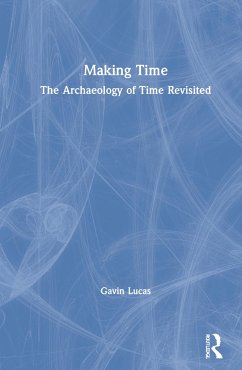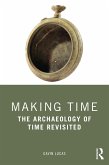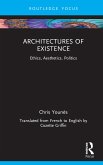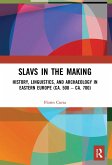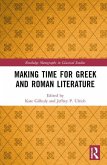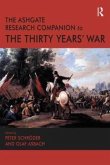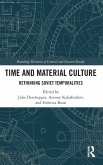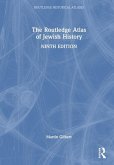Making Time grapples with a range of issues that have crystallized in the wake of 15 years of discussion on time in archaeology, since the author's seminal volume The Archaeology of Time, synthesizing them for a new generation of scholars.
The general understanding of time held by both archaeologists and non-archaeologists is often very simple: a linear notion where time flows along a single path from the past into the future. This book sets out to complicate this image, to draw out the key problems and issues with time that impact archaeological interpretation. Using concrete examples drawn from different periods and places, the book challenges the reader to think again. Ultimately, the book will suggest that if we want to understand what archaeological time is, then we need to accept that things do not exist in time, they make time. The crucial question then becomes: what kinds of time do archaeological materialities produce?
Written for upper level undergraduates and researchers in archaeology, the book is also accessible to non-academics with an interest in the topic. The book is relevant for cognate disciplines, especially history, heritage studies and philosophy.
The general understanding of time held by both archaeologists and non-archaeologists is often very simple: a linear notion where time flows along a single path from the past into the future. This book sets out to complicate this image, to draw out the key problems and issues with time that impact archaeological interpretation. Using concrete examples drawn from different periods and places, the book challenges the reader to think again. Ultimately, the book will suggest that if we want to understand what archaeological time is, then we need to accept that things do not exist in time, they make time. The crucial question then becomes: what kinds of time do archaeological materialities produce?
Written for upper level undergraduates and researchers in archaeology, the book is also accessible to non-academics with an interest in the topic. The book is relevant for cognate disciplines, especially history, heritage studies and philosophy.

